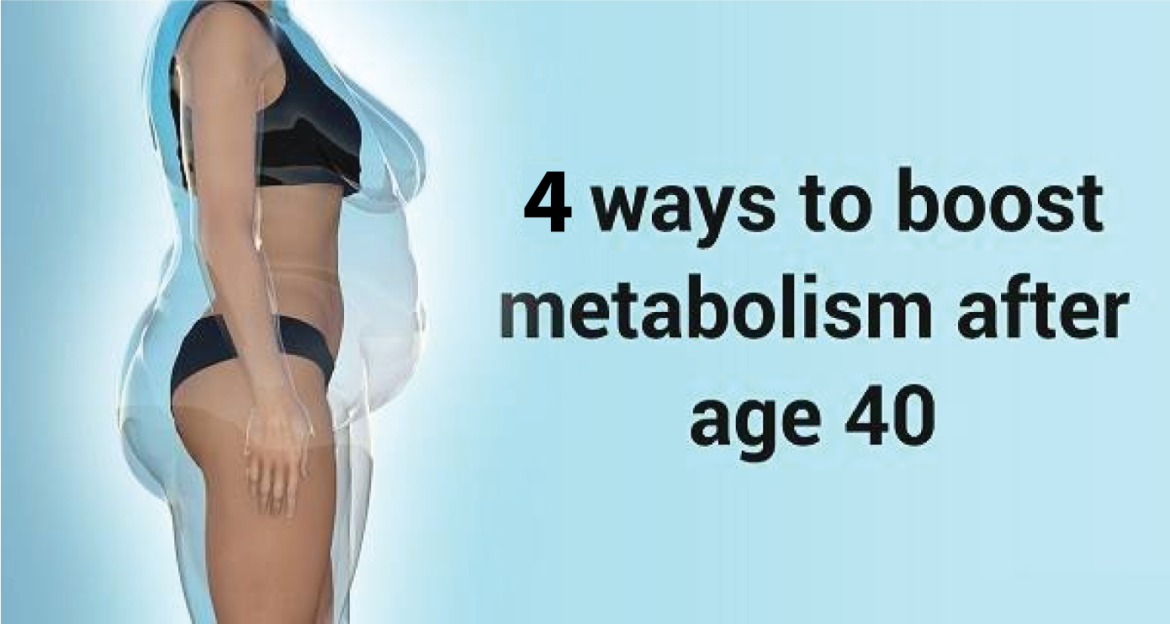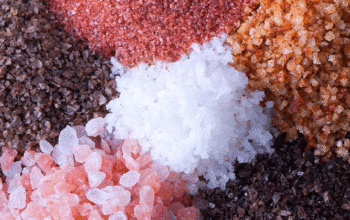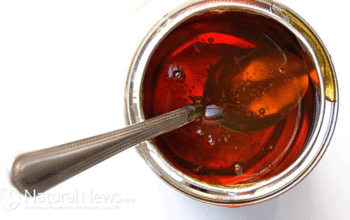As you approach and pass the age of 40, you might notice that maintaining your weight and energy levels becomes increasingly challenging. This isn’t just your imagination—metabolic changes are real, and understanding how to work with your body can make a significant difference in your overall health and fitness.
Understanding Metabolism: What Changes After 40?
Metabolism is essentially the process by which your body converts what you eat and drink into energy. After the age of 25, metabolism begins to slow down by approximately 5% per decade. By the time you reach 40, several key factors contribute to this metabolic slowdown:
- Hormonal Changes: Declining estrogen and testosterone levels can significantly impact metabolic rate
- Muscle Mass Reduction: You naturally lose muscle mass as you age, which directly affects your metabolic efficiency
- Decreased Physical Activity: Busy lifestyles often lead to reduced exercise, further slowing metabolism
Exercise: Your Metabolic Rescue Strategy
Regular exercise is crucial in combating metabolic slowdown, particularly strength training. Resistance exercises help maintain and build muscle mass, which is metabolically active tissue that burns calories even at rest. Aim for at least 2-3 strength training sessions per week, focusing on:
- Weight lifting
- Bodyweight exercises
- Resistance band workouts
Additionally, incorporate high-intensity interval training (HIIT) to boost your metabolic rate. These short, intense workouts can help increase calorie burn and improve overall metabolic function.
Nutrition: Eating to Boost Your Metabolism
Your diet plays a critical role in maintaining a healthy metabolic rate. Consider these nutritional strategies:
- Protein Intake: Consume lean proteins that support muscle maintenance and promote satiety
- Calcium-Rich Foods: Calcium aids in fat metabolism and helps preserve muscle mass
- Well-Spaced Meals: Eat smaller, balanced meals throughout the day to keep metabolism active
Hydration and Sleep: Often Overlooked Metabolism Boosters
Two frequently underestimated factors in metabolic health are hydration and sleep. Dehydration can reduce calorie burning by up to 2%, while poor sleep disrupts hormones that regulate hunger and metabolism.
Aim to:
- Drink at least 8 glasses of water daily
- Maintain a consistent sleep schedule
- Aim for 7-9 hours of quality sleep nightly
Limit Alcohol Consumption
Alcohol can significantly impede metabolic function. When you consume alcohol, your liver prioritizes metabolizing it over burning fat. This not only slows fat loss but also adds empty calories to your diet. If you choose to drink, do so in moderation.
Hormone Management and Medical Consultation
For individuals experiencing significant metabolic challenges, consulting with a healthcare professional can be beneficial. Hormonal tests and personalized advice can help address individual metabolic concerns, especially during perimenopause and menopause.
Key Takeaways
Boosting metabolism after 40 isn’t about drastic measures, but consistent, strategic lifestyle choices. By combining regular strength training, balanced nutrition, proper hydration, quality sleep, and mindful alcohol consumption, you can effectively support your metabolic health.
Remember, every small change contributes to your overall metabolic efficiency. Start implementing these strategies gradually, listen to your body, and be patient with yourself.





